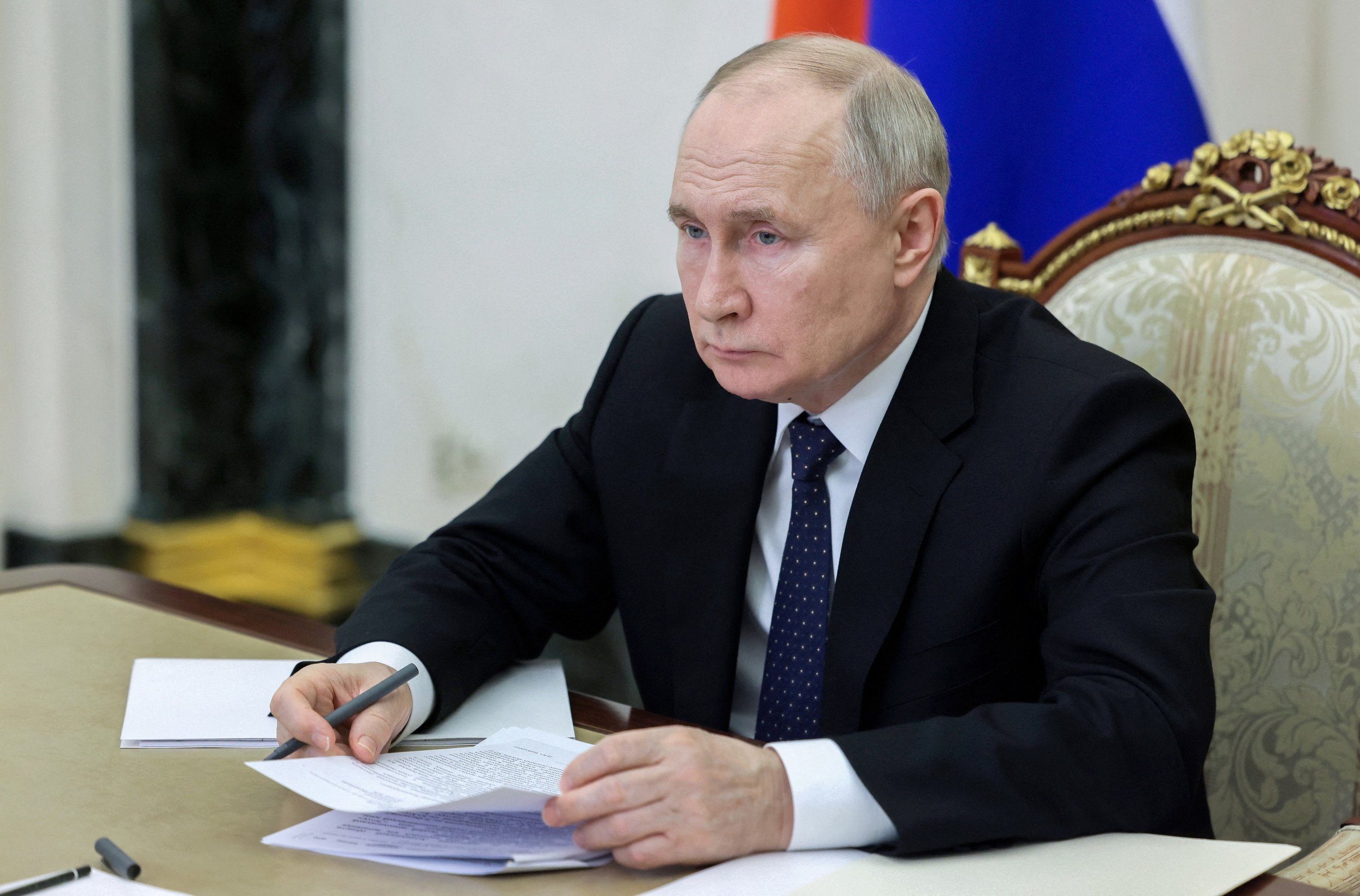The Grid: Where things are happening today

What we’re tracking today:
- 🇺🇦 In Ukraine, President Zelenskyy is making a strong appeal to Western allies for heightened involvement against Russia, which could mark a significant escalation in Eastern European tensions. Newsweek has a deeper story digging into the why Zelenskyy has waited so long.
- 🇫🇷 And, in the Pacific, France is reinforcing its military presence in New Caledonia amidst growing civil unrest, a move likely to impact regional stability.
- 🇷🇺 But, make no doubt about it — all eyes should be on Russia. The sentencing of hypersonic missile scientist Anatoly Maslov to 14 years for treason highlights the Kremlin’s intensified internal security posture, reflecting broader implications for international scientific collaboration.
- 🇮🇷 🇸🇾 The tragic death of Iranian President Ebrahim Raisi introduces uncertainty in Tehran’s political landscape, with potential ripple effects on Iran’s nuclear negotiations and regional policies. Lastly, France’s unprecedented war crimes trial of Syrian officials signals a bold stride towards international justice, potentially setting a new standard for accountability.
- Read on for my recap of the 7 biggest geopolitical moves you need to know today:
- North Korea’s ICBM Launch Escalates Tensions

South Korean Defense Ministry/Getty Images
- Need to know: North Korea has launched its first intercontinental ballistic missile (ICBM) in over a year, escalating tensions with the United States and its allies. The missile landed in the Sea of Japan, prompting swift condemnation and calls for increased sanctions from the international community.
- From James Parker, Senior Defense Analyst, on North Korea’s strategic aims: “This launch signals a strategic shift in North Korea’s approach, potentially aiming to leverage its missile capabilities for diplomatic gains. The timing, amid global geopolitical distractions, suggests Pyongyang’s intent to test the resolve of its adversaries while seeking concessions.”
2. World Court Set to Rule on Measures Over Israel’s Rafah Offensive

AFP via Getty Images
- Need to know: Israeli forces are conducting operations to evacuate civilians and dismantle Hamas strongholds. This has led to significant casualties and displacement among Palestinians. The health system in Gaza is overwhelmed, with hospitals running out of fuel and essential supplies. Efforts for a ceasefire are ongoing, with international calls for humanitarian aid to be allowed into Gaza.
- From Tom O’Connor, Newsweek’s editor covering Middle East tension, on accurate data: “The death toll in Gaza is a great example of a widely repeated figure that demands greater scrutiny, not least of which because it is being provided by an active party to the conflict. Also, the figures themselves importantly do not distinguish between combatants and non-combatants. This is an issue I have looked into personally and it’s further complicated by the fact that there simply is no independent working mechanism to right now to verify casualties on the Palestinian side.”
STAT • KEY NUMBER TO KNOW
- 605 balloons — The number of trash-carrying balloons North Korea sent into South Korea in retaliation for sending balloons carrying leaflets over the border.
3. EU’s Ambitious Climate Plan to go Carbon Neutral Unveiled

Thierry Monasse/Getty Images
- Need to know: The European Union has unveiled a new climate plan aiming to achieve carbon neutrality by 2050. The comprehensive strategy includes ambitious targets for renewable energy, stricter emissions regulations, and significant investments in green technology and infrastructure.
- From Elena Fischer, Environmental Policy Specialist, on the EU’s climate challenges: “The EU’s plan is a bold step towards addressing climate change, but its success hinges on the political will and cooperation of member states. Balancing economic growth with environmental sustainability will be the biggest challenge, requiring unprecedented coordination and commitment.”
- Need to know: China has announced a new Belt and Road Initiative (BRI) project in Africa, focusing on infrastructure development across multiple countries. The initiative aims to boost economic connectivity and trade, but it has raised concerns about debt dependency and political influence.
- From Li Wei, Asian Economic Affairs Analyst, on Africa’s economic dependency: “The BRI’s expansion into Africa is a double-edged sword. While it offers much-needed investment in infrastructure, it also increases the recipient countries’ economic dependence on China. It’s crucial for African nations to negotiate terms that ensure long-term benefits and avoid unsustainable debt.”

- 5. Colombian Protests Spill Out Into Streets Over Tax Reform
- Need to know: Protests have erupted in Colombia over proposed tax reforms aimed at increasing government revenue. Demonstrations have turned violent in several cities, with clashes between protesters and police leading to numerous injuries and arrests.
- From Ricardo Mendoza, Latin America Correspondent, on economic inequality in the region: “The unrest in Colombia reflects deep-seated frustrations with economic inequality and government policies perceived as unfair. The proposed tax reforms, while necessary for fiscal stability, have hit a nerve among the population already struggling with the impacts of the pandemic.”
Uncommon Knowledge
Newsweek is committed to challenging conventional wisdom and finding connections in the search for common ground.
Newsweek is committed to challenging conventional wisdom and finding connections in the search for common ground.
